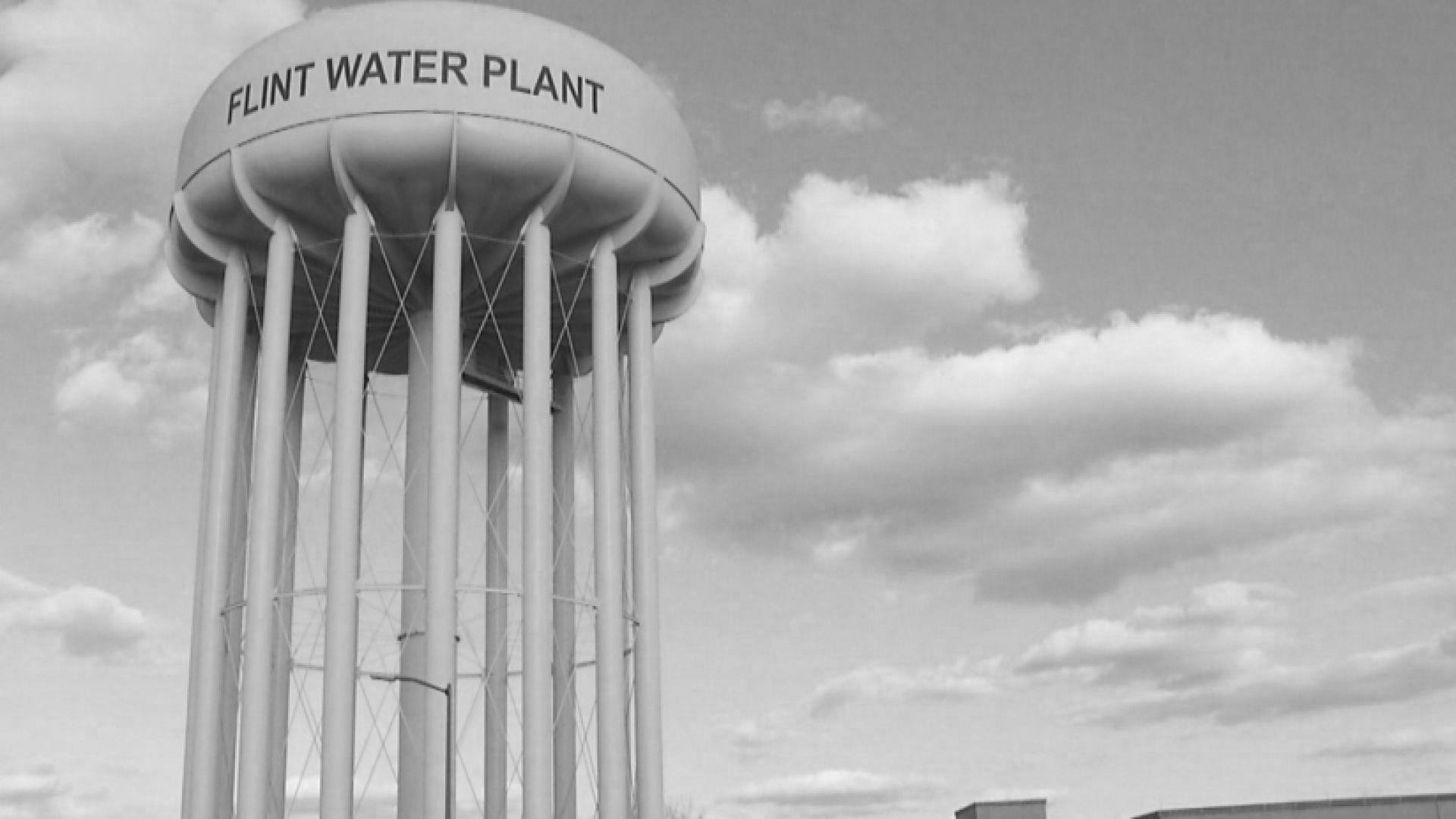The Flint water crisis is back in the national news. Over 8,000 Flint residents now face tax liens on their homes for unpaid water bills after May 19th, and are faced with the possibility of losing their homes if they don’t pay the total amount in arrears. This follows last month’s mass water cutoffs for residences with unpaid bills. All of this is taking place despite the fact that the water is contaminated with lead, and undrinkable without the use of a filter.
In news stories about these tax liens, the references are to “residents” and “homes,” not businesses. If that seems familiar, it should. Back in 2014, when the “Emergency Manager” in Detroit was carrying out similar mass cutoffs, Homrich (the crony capitalist firm hired to handle the cutoffs) only pursued residential accounts that were in arrears. The cutoff policy did not apply to business accounts — some of which owed hundreds of thousands of dollars in back payments — despite the fact that they constituted almost half of the total amount owed. And remember: as is the case in most communities, businesses were charged a lower rate per gallon than residences.
If Flint had charged residential and commercial/industrial water users the same rates in the first place, and followed the same policy on collecting past-due bills for both, it’s a safe bet to say that far fewer residents would be in arrears and facing the loss of their homes today.
For a further point of similarity, consider California Governor Jerry Brown, whose so-called “water rationing” executive order applied only to residential users, and not to giant agribusiness operations consuming massive amounts of irrigation water.
It’s also worth keeping in mind that both Michigan and California allow vulture capitalist corporations like Nestle to pump millions of gallons out of aquifers for next to nothing and then sell it by the bottle.
Put all these things together, and what do you get? The water supply — groundwater, natural bodies of water, and other reservoirs — is a commons. The capital infrastructure for delivering this water to households and businesses, having been built at the expense of ratepayers and taxpayers, is also a commons. And like innumerable commons of the past, the water commons have been enclosed by governments whose primary purpose is to provide subsidized infrastructure for capitalist enterprises. In some cases, this infrastructure is then sold or leased to such capitalist enterprises, who then run them at a profit at the expense of consumers.
When the water commons is enclosed and run for the benefit of capital, or actually run by capital itself, price-gouging and favoritism to business are only to be expected. And every step in the process is characterized by collusion and self-dealing. That’s the nature of the capitalist state: to subsidize inputs, socialize costs and risks, and facilitate the privatization of profit.
In 17th century England, a band of landless peasants who called themselves the Diggers tore down the enclosures at St. George’s Hill, built cottages on the land, and began to cultivate it in common. Today, the only ultimate solution is the same: reclaim the commons. We should mutualize water utilities and other commons as social (not private or state) property, under the direct control of the users themselves.








